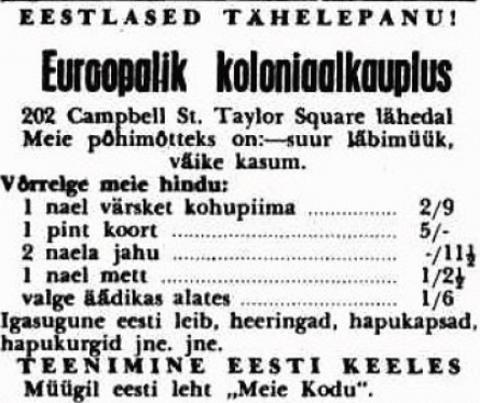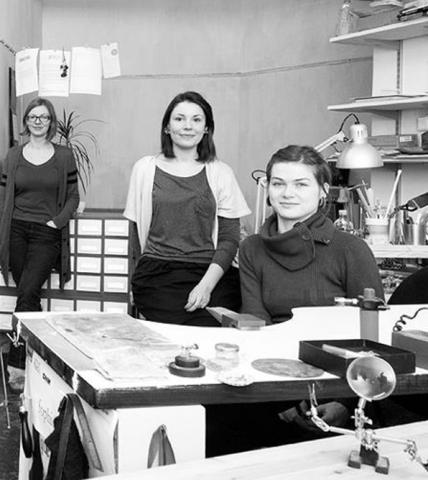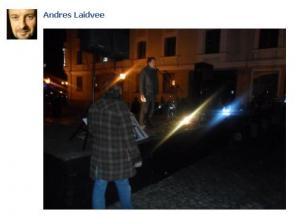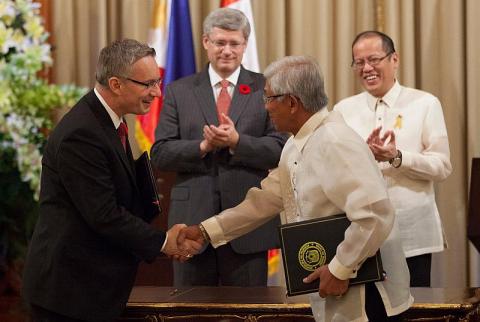Estonians voted Sunday to join a historic expansion of the European Union, fulfilling what once seemed an unattainable dream for the small Baltic state.
The supporters of joining the federation of European nations had 67 percent of the vote, according to results from nearly all polling stations, Estonia's Central Election Commission reported. The other 33 percent voted no on the referendum.
More than 60 percent of 850,000 eligible voters cast ballots, though there was no minimum turnout requirement for the vote to be valid.
With this vote, eight of 10 nations invited to become new members of the European Union next year have approved referendums endorsing the move. Cyprus is leaving the decision to lawmakers while Estonia's Baltic neighbor, Latvia, will hold a referendum on Saturday.
All 10 countries are expected to become full members of the trade bloc in May 2004, increasing European Union membership to 25.
In recent months, Estonian opinion polls had suggested lukewarm support for membership raising the possibility Estonians would snub the powerful European bloc.
But the government and businesses, spooked by the prospect of missing out on access to the lucrative EU market, campaigned aggressively for the 'yes' side.
Entry in the union has been a primary goal since Estonia regained independence amid the 1991 collapse of the Soviet Union. Leaders of the Baltic state have insisted it would boost living standards at least for future generations.
Twelve years ago, it looked like it would take decades for Estonia to meet EU requirements. The economy was in free-fall with annual inflation topping 1,000 percent, and Russian troops, remnants of a 50-year Soviet occupation force, stationed throughout the country.
The government implemented radical economic reforms after communism unraveled, and Estonia quickly gained the reputation as the most successful of the 15 former Soviet republics. The country's gross domestic product increased 10 percent by 1997 and has remained stable. Since regaining independence, inflation has fallen to just below 5 percent.
Younger, better-off Estonians hoped EU membership would bring greater opportunities to travel and work abroad. One tongue-and-cheek, pro-EU advertisement even offered the promise to women of "sexier men" with the lifting of border restrictions among member nations.
At least some voters seem swayed by the symbolism of membership in the union as a mark of the nation's return to mainstream Europe after so long on the fringe.
Both sides resorted to scare tactics to sway the 850,000 eligible voters, many of whom expressed confusion about what EU entry will mean.
Many pro-EU ads raised the specter that Estonia's erstwhile ruler Russia could re-exert its influence if the nation stayed out of mainstream Europe. It listed the half-dozen times Russia attacked Estonia starting with Ivan the Terrible's invasion in 1558.
One refrain from EU backers was that "a no to the EU is a yes to Russia."
Opponents warned the EU will force Estonia to abandon it low-tariff, low-tax system that has helped it achieve years of impressive economic growth, at or above 5 percent.
At an anti-membership rally before the vote, one protester said Estonians were about to lose their identity within the bloc. He held aloft a placard decrying the birth of the "Euro-Stonian."
Associated Press
Estonia Votes to Join European Union
Kuumad uudised | 14 Sep 2003 | EWR
Kuumad uudised
TRENDING























